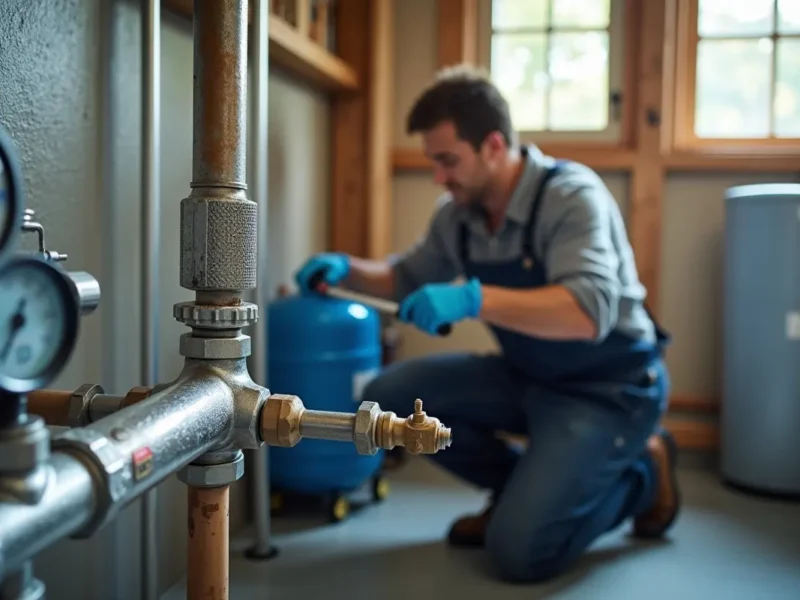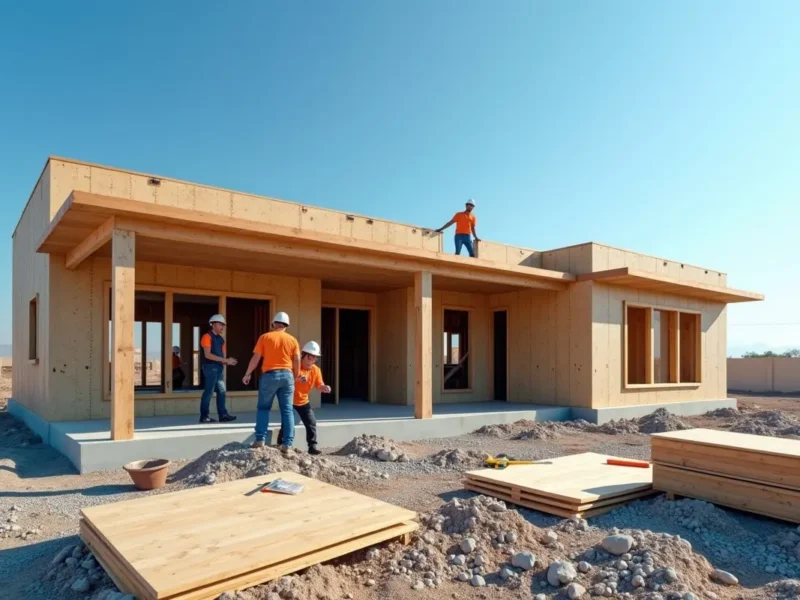Choosing the right type of pool for your home is a significant decision that impacts your budget, maintenance routine, and overall enjoyment. Two popular options are fiberglass and concrete pools, each with its own set of advantages and disadvantages. This guide provides a detailed comparison to help you determine which pool type best suits your needs.
Contents
1. Installation Time
Fiberglass Pools
Fiberglass pools are pre-fabricated in a factory and delivered to your home as a single piece. This pre-construction process significantly reduces installation time. Typically, a fiberglass pool can be installed and ready for use within 3-6 weeks, including excavation, pool placement, and the final touches.
Concrete Pools
Concrete pools are custom-built on-site, a process that involves building the framework, pouring the concrete, and allowing it to cure. This construction process can take several months, delaying your ability to enjoy the pool.
Verdict: Fiberglass Pools
Fiberglass pools offer a much quicker installation process, allowing you to enjoy your pool sooner.
2. Maintenance
Fiberglass Pools
The smooth, non-porous surface of fiberglass pools resists algae growth, making cleaning easier and less frequent. These pools also require fewer chemicals to maintain water balance, leading to lower overall maintenance efforts and costs.
Concrete Pools
Concrete pools, with their porous surfaces, are more prone to algae buildup, necessitating regular scrubbing and more frequent chemical treatments. Maintaining a concrete pool can be more labor-intensive and costly over time.
Verdict: Fiberglass Pools
Fiberglass pools are easier and cheaper to maintain, saving you time and effort.
3. Durability and Longevity
Fiberglass Pools
Fiberglass pools are known for their durability and flexibility. The material can withstand ground movements without cracking, and the gel-coat finish can last many years before needing refurbishment.
Concrete Pools
While concrete pools are incredibly strong, they are more susceptible to cracking due to ground shifts or freeze-thaw cycles. These cracks can lead to costly repairs and maintenance over the pool’s lifespan.
Verdict: Fiberglass Pools
Fiberglass pools offer superior durability with fewer repairs, enhancing their long-term value.
4. Cost
Fiberglass Pools
The initial cost of a fiberglass pool can be slightly higher than a basic concrete pool. However, the lower maintenance and repair costs over the years make fiberglass pools more economical in the long run.
Concrete Pools
Concrete pools vary widely in initial cost depending on customization. However, their higher maintenance, repair, and chemical costs can accumulate significantly over time.
Verdict: Fiberglass Pools
Though they might have a higher upfront cost, fiberglass pools are more cost-effective over their lifetime.
5. Aesthetic and Customization
Fiberglass Pools
Fiberglass pools come in various pre-designed shapes and sizes, but customization is limited. They feature smooth, non-porous finishes with a limited range of colors.
Concrete Pools
Concrete pools offer unmatched customization options. They can be tailored to any shape, size, or depth, and come with a variety of finishing options, including plaster, tile, and pebble, to achieve the desired aesthetic.
Verdict: Concrete Pools
For those seeking unique and personalized designs, concrete pools are the better choice.
6. Comfort and Feel
Fiberglass Pools
The gel-coat finish of fiberglass pools is smooth and gentle on the skin, providing a comfortable swimming experience. Additionally, fiberglass retains heat better, keeping the water warmer for longer periods.
Concrete Pools
Concrete surfaces can be rough on the skin, especially if the finish wears down over time. They also do not retain heat as effectively as fiberglass, potentially leading to cooler water temperatures.
Verdict: Fiberglass Pools
Fiberglass pools offer a smoother and more comfortable swimming experience with better heat retention.
7. Environmental Impact
Fiberglass Pools
Manufacturing fiberglass pools generally requires less energy than concrete. Additionally, their lower chemical usage reduces the environmental footprint.
Concrete Pools
Concrete production is energy-intensive and generates more CO2 emissions. The higher usage of chemicals for maintenance also contributes to a larger environmental impact.
Verdict: Fiberglass Pools
Fiberglass pools are more environmentally friendly due to lower energy requirements and reduced chemical usage.
8. Resale Value
Fiberglass Pools
Fiberglass pools are increasingly popular among homebuyers due to their low maintenance and modern aesthetics. A well-maintained fiberglass pool can enhance the appeal and value of your property. Buyers appreciate the durability and minimal upkeep, often translating to a higher resale value.
Concrete Pools
While concrete pools can be customized to unique designs, they may not appeal to all potential buyers due to the higher maintenance costs and the likelihood of repairs. The perception of ongoing maintenance can sometimes lower the attractiveness of a home with a concrete pool.
Verdict: Fiberglass Pools
Fiberglass pools tend to offer a better resale value due to their low maintenance and modern appeal, making them a more attractive option for future buyers.
Alternative to Concrete: Gunite Pools
If fiberglass isn’t the right choice for you, consider opting for a gunite pool instead of a traditional concrete pool. Gunite, a type of concrete, offers enhanced flexibility and customization options that make it a superior choice for many homeowners.
Benefits of Gunite Pools
- Customization – Gunite pools can be molded into virtually any shape or size, providing extensive design flexibility.
- Durability – Gunite is extremely durable and can withstand a wide range of environmental conditions.
- Aesthetic Variety – With numerous finishing options, including plaster, tile, and pebble, gunite pools can be tailored to match any aesthetic preference.
Considerations
While gunite pools share some of the maintenance and cost challenges of traditional concrete pools, their superior customization and durability make them an excellent alternative for those who prefer a concrete-based pool. If you want a pool that can be uniquely designed to fit your vision, gunite is a compelling option.
Conclusion: The Superior Choice
While both fiberglass and concrete pools have their strengths, fiberglass pools often come out ahead in critical areas such as installation time, maintenance, durability, cost-effectiveness, comfort, environmental impact, and resale value. For homeowners seeking a quick-to-install, low-maintenance, and comfortable pool, fiberglass is the superior choice.
Investing in a fiberglass pool means fewer headaches and more time enjoying your backyard oasis. Make the smart choice and dive into the world of fiberglass pools.



